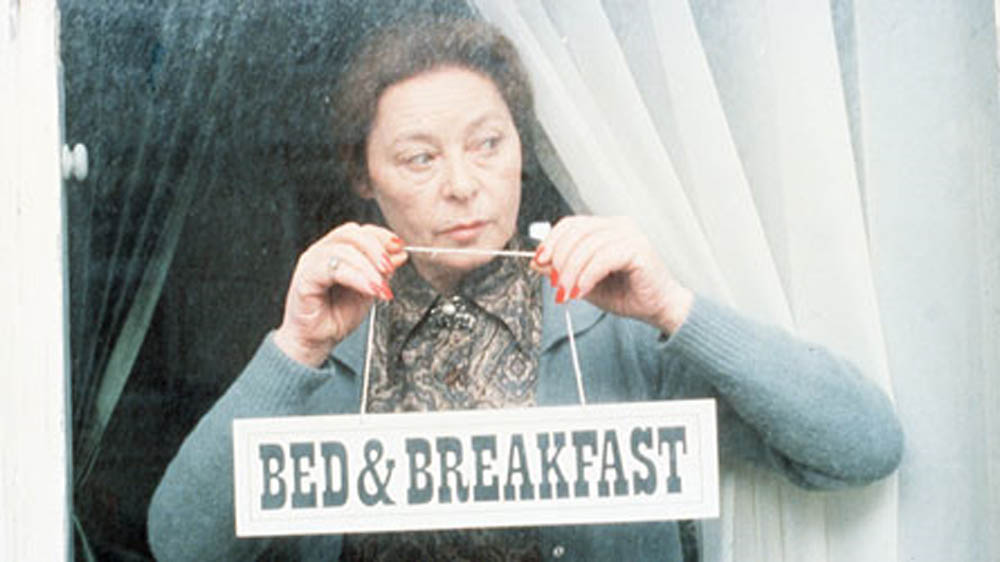- Get across
- Get along / Get on with
- Get around
- Get at
- Get away
- Get down
- Get down to
- Get on
- Get out of
- Get over
Get across
= to communicate.
= to make someone understand something. (Especially if the details are too difficult to understand or if the person being explained to understands poorly).
- Although I couldn't speak the language, I managed to get my meaning across when necessary.
- Your meaning didn't really get across.
- He's not very good at getting his idea across.
Get along - Get on with
= to have a good / friendly relationship with someone.
(get on is used more in Britain)
- Even though there are six of them sharing the house, they all get on well with each other.
- He doesn't get along well with his mother-in-law.
- Our new boss is very easy to get on with.
Get around
1. = to become known. To spread or to circulate. If news or information gets around, people tell other people, so that soon many people know about it.
- It's a small place, so news and gossip get around pretty quickly.
- The news of his arrest got around quickly.
- News soon got around that Matthew was back in town.
2. = to find a way of avoiding a difficult or unpleasant situation, so that you don't have to deal with it.
- There is no way of getting around it - you are going to have to tell her the truth.
- Isn't there any way of getting around the regulations?
Get at
1. = to reach, to access to something.
- The cupboard is too high for me to get at.
- The report is locked in the cabinet and I can't get at them.
2. = to suggest something indirectly, to imply. (used only in the continuous tense)
- What exactly are you getting at? (=trying to say, suggest)
Get away
1. = to go away from someone or something
- Get away from me!
- Get away from that cake!
- It was so busy that Francisca couldn't get away from the phone all day.
2. = to escape from someone who is chasing you.
- They tried to get away from the police but they weren't quick enough.
3. = to have a holiday.
- We hope to get away for a couple of weeks around Christmas.
Get down
1. = to cause someone to be depressed.
- This weather is getting me down
- Don't let these problems get you down too much.
Get down to
1. = to reach the point of dealing with something.
2. = to begin to work on something seriously. To give serious attention to something.
3. = to finally start doing something, after you have been avoiding it or after something has prevented you from doing it.
- Now, let's get down to business
- It's time I got down to some serious work.
- Once it is Summer, we will get down to painting the house.
Get on
1. = to put yourself on or in something
- I get on the bus at 8am every morning.
- We got on the train just before it left.
2. = to remind someone to do something; to continue
- Your story is taking all day. Get on with it!
Get out of
1. = to avoid something
- He always tells his parents he has homework to get out of doing the dishes.
- She was lucky to get out of that dangerous situation.
2. = to physically remove yourself from somewhere or something
- I got out of bed as soon as my alarm went off.
- The police officer told me to get out of the car.
Get over
1. = to recover from something or return to your usual state of health or happiness.
- I thought he would never get over her illness.
- It took her a long time to get over their separation.
- He never got over the shock of losing his wife.
2. = to overcome or deal with or gain control of something.
- She can't get over her shyness.
Can't get over
1. = to be amazed or surprised by something.
- I can't get over how much your kids have grown.
PRACTICE!!! Complete the exercises below:



